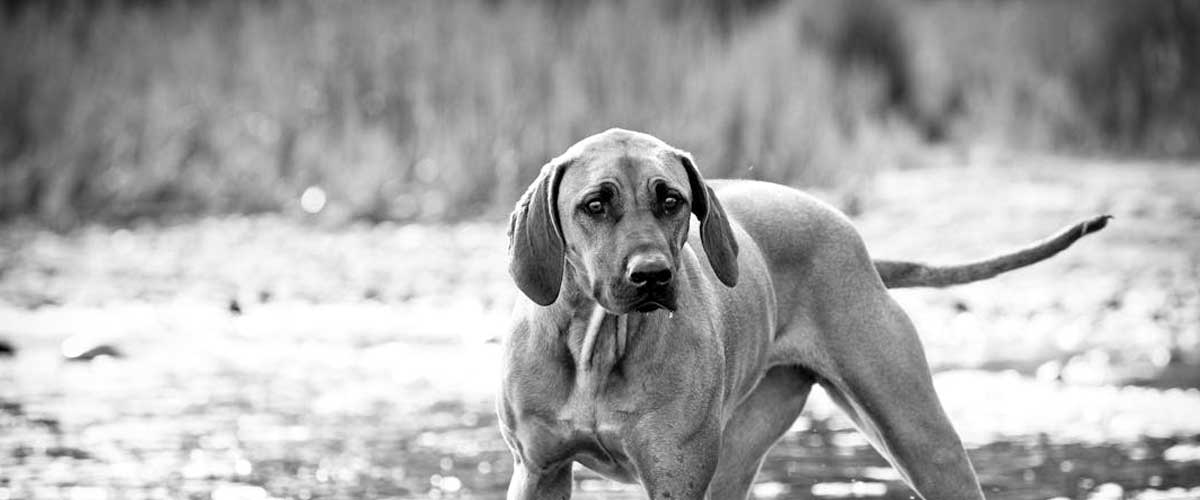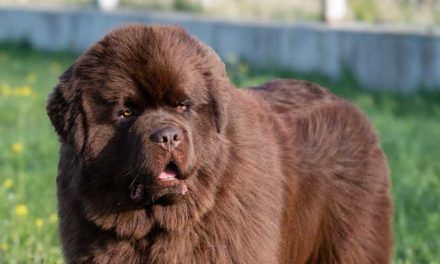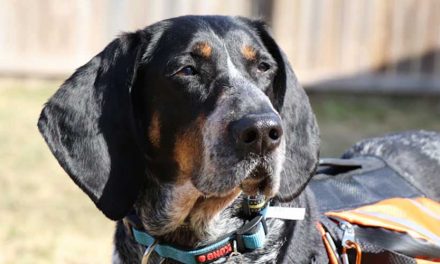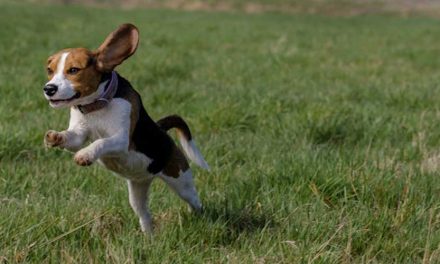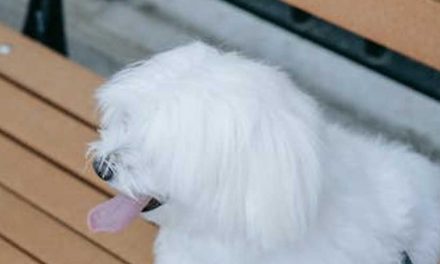The Bavarian Mountain Hound, known as the “Bayerischer Gebirgsschweißhund” in German, is a remarkable breed that embodies the spirit of the rugged mountainous regions of Bavaria.
Renowned for its hunting prowess, this medium-sized dog is not only an exceptional tracker but also a loyal and affectionate family companion.
Origins and History
The Bavarian Mountain Hound has its roots deeply embedded in the history of Germany, particularly in the Bavarian forest regions.
Bred primarily for tracking game, this breed has been used for centuries by hunters to locate wounded animals due to its acute sense of smell.
The breed was officially recognized in the early 20th century, and since then, it has been cultivated for its superior tracking ability, stamina, and versatility in diverse hunting terrains.
Physical Characteristics
Standing between 16 to 22 inches in height and weighing approximately 40 to 60 pounds, the Bavarian Mountain Hound is a well-proportioned dog with a robust build.
The breed features a short, dense coat that often displays a variety of colors, predominantly a mix of tan, reddish-brown, and black.
They have a distinctive look with a strong muzzle, long ears, and expressive eyes that convey intelligence and warmth.
Temperament
Bavarian Mountain Hounds are known for their calm and gentle disposition, making them excellent family pets.
They are loyal and devoted to their owners, often forming strong bonds with both humans and other pets.
Their innate curiosity and playful nature make them great companions for children.
However, they also have an independent streak due to their hunting background, which may necessitate consistent training and socialization from an early age.
Exercise and Training Needs
Being an active breed, the Bavarian Mountain Hound requires regular exercise to keep both their body and mind stimulated.
Daily walks, playtime in the yard, and opportunities for scent work or tracking play a crucial role in their well-being.
Due to their intelligence, they thrive in training environments that challenge them mentally.
Positive reinforcement techniques work best, and early socialization is important to ensure they grow into well-rounded adults.
Health Considerations
Generally, the Bavarian Mountain Hound is a healthy breed, but like all dogs, they can be predisposed to certain health issues.
Responsible breeding practices can help mitigate these risks, and regular veterinary check-ups are essential for maintaining their overall health.
Potential issues to be aware of include hip dysplasia and certain eye conditions.
Conclusion
The Bavarian Mountain Hound is a breed filled with history and charm, combining the traits of a dedicated hunter with the warmth of a family companion.
With proper training, socialization, and an active lifestyle, they can be a wonderful addition to any home.
For those who appreciate a loyal and hardworking dog, the Bavarian Mountain Hound truly stands out as an exceptional choice.
Whether out in the field or relaxing at home, this breed’s versatility and loyalty make it a valued friend and partner.

